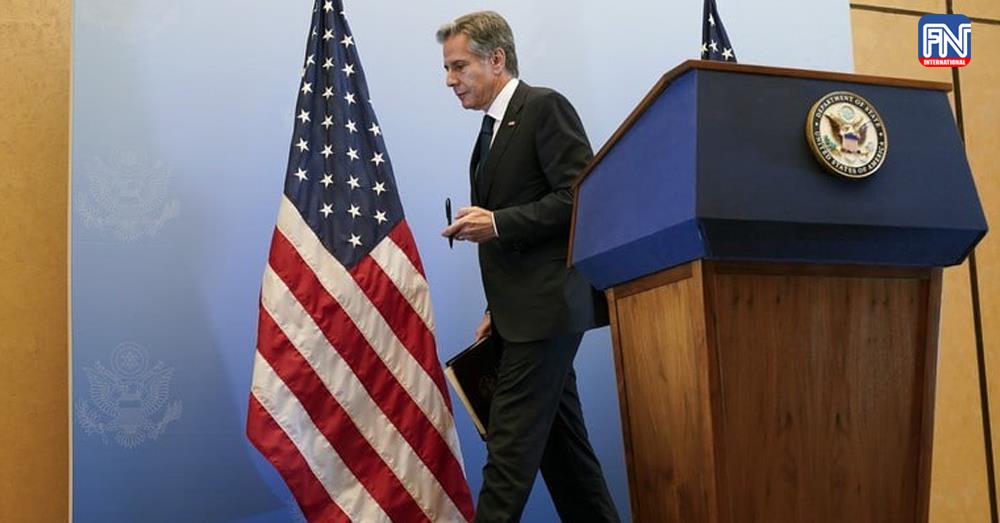WASHINGTON, Oct. 13 (RT) – Washington has walked back on its promise to unblock some $6 billion in frozen Iranian assets even after Tehran released five American citizens accused of espionage against the Islamic Republic.
Under the deal last month, the money was transferred from a South Korean bank to a bank in Qatar, where Tehran could access it under strict monitoring by the US Treasury Department to ensure that the cash is used only for humanitarian purposes.
However, on Thursday the US and Qatar reportedly reached an “understanding” that Doha will ignore any withdrawal requests from Tehran, according to several officials who spoke to the media on condition of anonymity.
The deal had caused controversy in the US, with Republicans claiming that handing over the funds would encourage Tehran to capture more Americans for future deals. It has come under fresh criticism following a deadly Hamas attack on Israel, which some unsubstantiated reports partially blamed on Tehran, even as US officials denied having any proof of Iranian involvement.
“None of the funds that have now gone to Qatar have actually been spent or accessed in any way by Iran,” Secretary of State Antony Blinken told reporters in Israel on Thursday. “Indeed, funds from that account are overseen by the Treasury Department, can only be dispensed for humanitarian goods – food, medicine, medical equipment – and never touch Iranian hands.”
The prisoner exchange was the result of months of back-channel negotiations between Washington and Tehran, with the final agreement sweetened by the US promise to unfreeze $6 billion in Iranian oil revenue.
The five Americans included Siamak Namazi, Emad Shargi and Morad Tahbaz, who had been sentenced to ten years in prison on espionage charges. The other two detainees wished to remain anonymous, US officials said. Namazi, a 51-year-old businessman, was arrested in 2015 and excluded from prisoner swaps under both Barack Obama and Donald Trump’s administrations. Shargi and Tahbaz were both arrested in 2018.
">
Photo from AP




